新人教版高中英语选修2Unit 3 Food and Culture-Discovering useful structures教学设计
-
- 页数:5页
- 字数:约 5718 字
- 大小:152.00KB
- 格式:.doc
- 版本:Office2016及以上版本
- 作者:zero设计
Unit 3 Food and Culture-Discovering useful structures教学设计
The past perfect tense and its passive voice
Themain grammatical items in this unit are the past perfect active and passivetense.The past perfect tense is used to refer to an action that was completedbefore a time or event in the past.The past perfect passive voice is thepassive form of the past perfect tense. The teacher can guide the students toanalyze and compare the structure and usage of the past perfect tense and thepassive tense. The teacher is also highly recommended to help the students tosort out the relevant content in the form of a chart, or present a chart forthe students to complete the key information.

1. Enable the students to tell thesame information using the past perfect active tense and the passive tense.
2. Guide the students to use the two constructions correctly, and understandtheir meaning and function in the context.
3. Encourage the students to make sentences using the past perfect active andpassive tense. Then use these sentences to make dialogues.
4. Cultivate students’ thinking ability and enhance their creativity of usingthis grammar.
1. Guide students to use the two structures both in the spoken andwritten situation.
2. Encourage the students to make sentences, using the past perfectactive and passive tense. Then use these sentences to make dialogues.
Step1: Lead in
What is the tense andvoice of the following sentence? what is the function?
By the time the tornadoended, more than 700 people had been killed.
Keys: the passive voice of the past perfecttense.
function: The pastperfect tense is used to refer to an action or a state of being that occurredor was completed before a specific time in the past.
Step 2:Try to find out all the sentences containing thepassive voice of the past perfect tense and then sum up their common rules.
教材原句:
1. Prior to coming to China, my only experiencewith Chinese cooking was in America, with Chinese food that had been changed tosuit American tastes.
在来中国之前,我唯一接触过中国烹饪的经历是在美国,我接触过经过改变以适应美国人口味的中国食物。
2. When my family and I had just arrived in China, wewent looking for a good place to eat in Beijing.
当我和家人刚到中国时,我们在北京找了一个吃饭的好地方。
3. A restaurant had been recommended to us by a friend,and finally, we found it.
一位朋友向我们推荐了一家餐馆,我们终于找到了。
4. We had no idea how to order, so the chef just beganfilling our table with the best food we had ever eaten.
我们不知道该怎么点菜,所以厨师就开始在我们的桌子上摆满我们吃过的最好的食物。
语法共性:
1.句1和句3中的黑体部分为过去完成时的被动语态,其构成为had been done。
2.句2和句4中的黑体部分为过去完成时,其构成为had done。
Step 3: The teacher instructs Ss to review the basicknowledge about the past perfect tense and its passive voice.
一、Basic use of the past perfect tense
1.Definition
过去完成时的构成为“had+过去分词”。过去完成时表示在过去某一时间或动作之前已经发生或完成了的动作或存在的状态。它表示句子中描述的动作发生在“过去的过去”。
2.Basic use
(1)过去完成时表示在过去某个动作或某个具体的时间之前已经发生、完成的动作或存在的状态,即表示“过去的过去”。
The boy was reminded that his homework had not been handed in.
这个男孩被提醒说他的家庭作业还没有交上来。
Her homework had not been finished when I got home.
我到家的时候,她的作业还没有完成。
How many buildings had been destroyed when the hurricane ended?
飓风结束的时候,有多少建筑物被毁坏了?
(2)用于hardly/scarcely... when ..., no sooner ... than ...等表示“刚……就……”或“一……就……”的固定句型中。
Hardlyhad we reached school fromschool when it began to snow heavily.
我们刚到达学校就下起了雪。
hardly/scarcely/rarely/no sooner置于句首时,主句部分倒装,从句不倒装。
(3)有些动词,如hope、expect、think、intend、mean、suppose等,用过去完成时表示“原本打算做而未做某事”。
We had expected to finish the task on time but we failed.
我们本来希望按时完成这项工作的,但我们没有做到。
Eve had hoped to seemore of China.伊芙曾希望在中国多观光一番。
I had intended to bethere on time.我本打算准时去的。
Greta had meant to seeher off at the airport.格瑞塔本打算是要去机场送她的。
(4)在“That/It was the first/second ... time+从句”中,从句中的谓语动词用过去完成时。
That was the last timeI had made such a foolish mistake.那是我最后一次犯那样的傻错误。
It was the first time (that) I had been to Shanghai.那是我第一次去上海。
It was the mostinspiring performance I had watched. 这是我看过的最激励人心的表演
(5)用在"It was+一段时间+ since从句"句型中(从句用过去完成时)
It was at least threemonths since I had left Beijing.
我离开北京至少有三个月了。
(6)wish、if only、as if、would rather等后面的从句中,常用过去完成时表示对过去的假设或虚拟。
If only I had been praised by the teacheryesterday.我昨天要是被老师表扬就好了。
I wish I had been thereat that time.那时候我要在那儿就好了。(事实上我不在那儿。)
I wish I had told himabout it.我要是告诉他那事就好了。(事实上我没告诉他。)
3.过去完成时与一般过去时的区别
一般过去时侧重发生在过去的客观事实;而过去完成时强调动作发生在“过去的过去”,一定有一个表示过去时间的参照点,表示在这个时间之前,动作已经发生。
They had fallen asleepwhen their parents got home at 11 o’clock..
父母11点回家之前他们已经睡着了。(过去的过去)
They fell asleep at 11o’clock.他们11点睡着了。(一般过去)
二、过去完成时的被动语态
1.概念:过去完成时的被动语态表示动作在过去某一时刻或某个动作以前已经发生或完成,且主语与谓语动词动作存在被动关系。
2.构成
(1)肯定结构:主语+had beendone
(2)否定结构:主语+had not beendone
3.用法
(1)在told、said、 knew、heard、thought、found等动词后的宾语从句中,表示宾语从句中的动作已被做完时,要用过去完成时的被动语态。
He heard that the ticketshad already been sold out.他听说票已售完。
He told me that the project had been completed by the end of 1999.他告诉我到1999年底他们已完成了那个项目。
The newspaper reported more than 100 people had been killed in the thunderstorm.报纸报道说有一百多人在暴风雨中丧生。
(2)before、when、by the time、until、after、once等引导的时间状语从句的谓语是一般过去时,以及by、before后面接过去的时间时,主句动作发生在从句的动作或过去的时间之前且表示被动时,要用过去完成时的被动语态。
By the time my brotherwas 10, he had been sent to Italy.
我弟弟10岁前就已经被送到意大利了。
Tons of rice had been produced by the end of last month.
您可能喜欢的文档
查看更多
新人教版高中英语选修2Unit 5 First Aid-Discovering useful structures教学设计
- 页数:10页
- |大小:179.00KB

新人教版高中英语选修2Unit 3 Food and Culture-Reading and thinking教学设计
- 页数:4页
- |大小:128.50KB
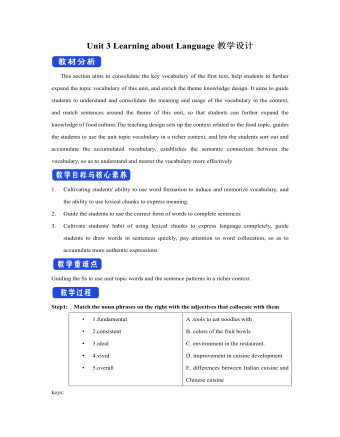
新人教版高中英语选修2Unit 3 Learning about Language教学设计
- 页数:4页
- |大小:137.00KB
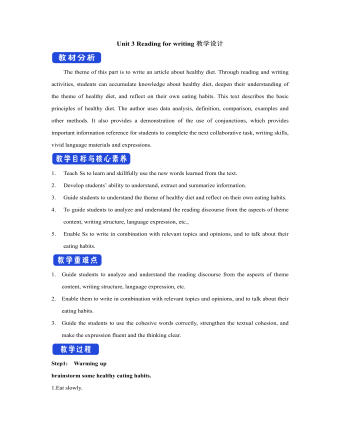
新人教版高中英语选修2Unit 3 Reading for writing教学设计
- 页数:5页
- |大小:137.00KB
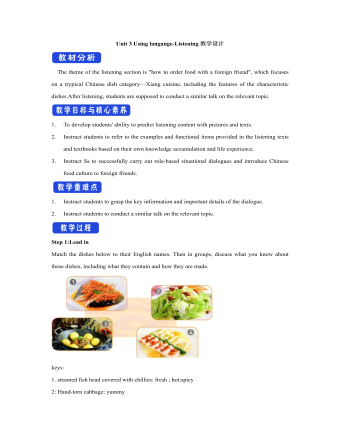
新人教版高中英语选修2Unit 3 Using langauge-Listening教学设计
- 页数:5页
- |大小:684.50KB
热门课件教案
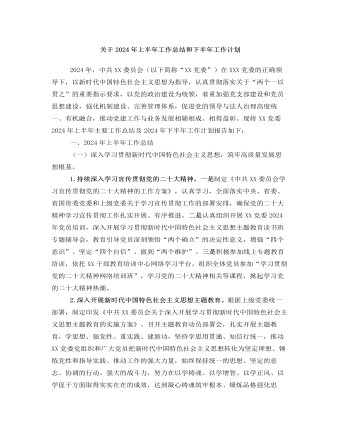
关于2024年上半年工作总结和下半年工作计划
- 页数:5页
- |大小:29.72KB
- 课件教案
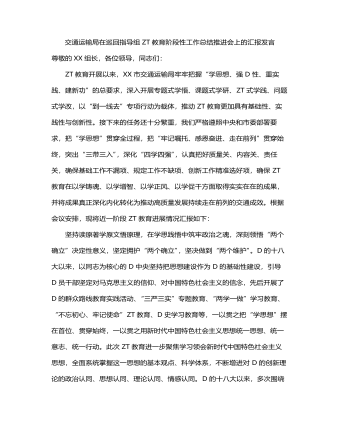
交通运输局在巡回指导组主题教育阶段性工作总结推进会上的汇报发言
- 页数:4页
- |大小:33.41KB
- 课件教案
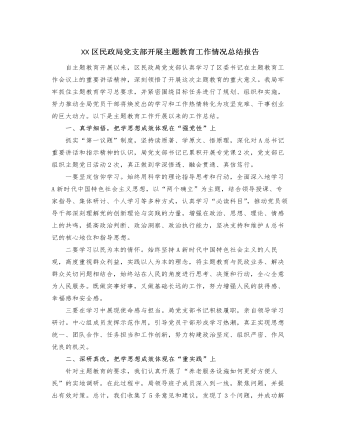
XX区民政局党支部开展主题教育工作情况总结报告
- 页数:3页
- |大小:24.47KB
- 课件教案
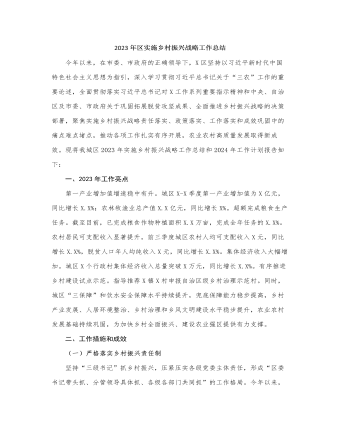
2023年区实施乡村振兴战略工作总结
- 页数:6页
- |大小:27.90KB
- 课件教案

精选高中生期末评语
- 页数:42页
- |大小:7M
- 课件教案
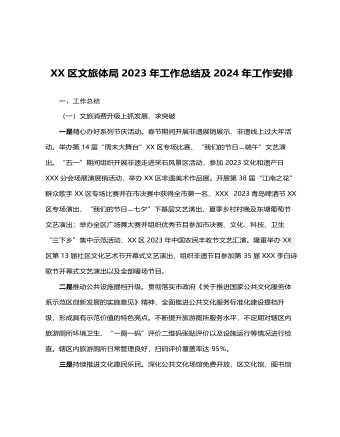
XX区文旅体局2023年工作总结 及2024年工作安排
- 页数:8页
- |大小:32.41KB
- 课件教案
今日更新

精选高中生期末评语
- 页数:42页
- |大小:7M
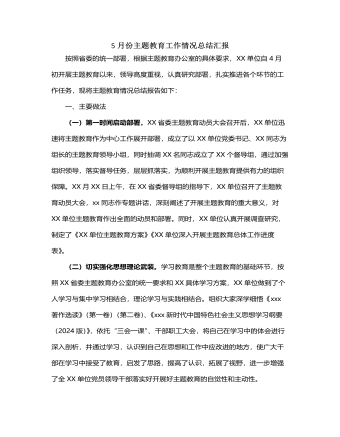
5月份主题教育工作情况总结汇报
- 页数:3页
- |大小:136.87KB
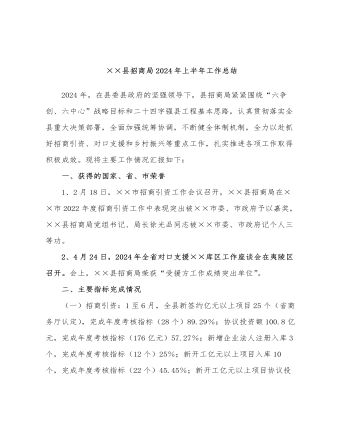
××县招商局2024年上半年工作总结
- 页数:12页
- |大小:142.54KB
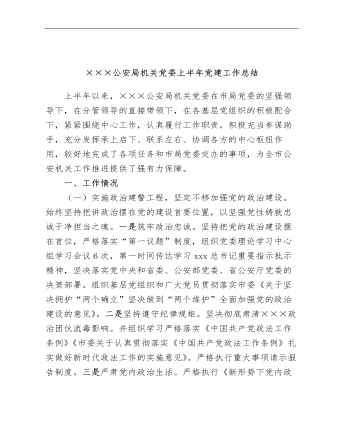
×××公安局机关党委上半年党建工作总结
- 页数:7页
- |大小:186.25KB
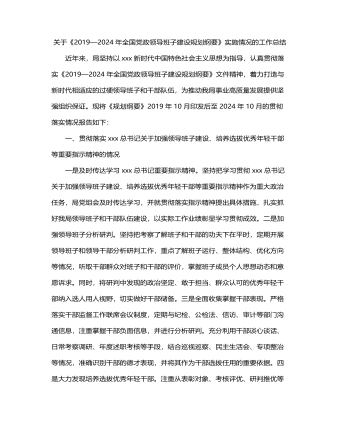
《2019—2024年全国党政领导班子建设规划纲要》实施情况的工作总结3800字
- 页数:6页
- |大小:29.16KB
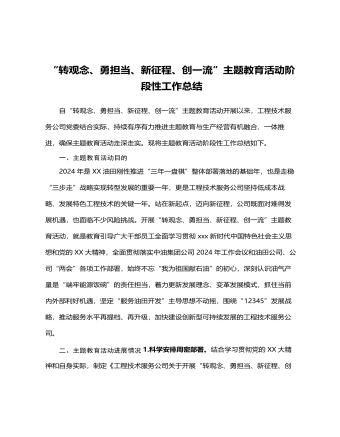
“转观念、勇担当、新征程、创一流”主题教育活动阶段性工作总结
- 页数:3页
- |大小:22.76KB












